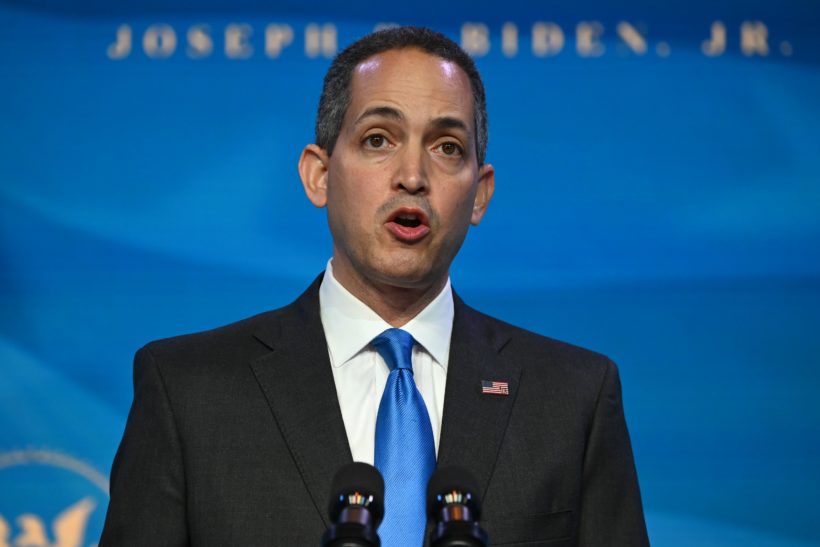
WASHINGTON, July 28 (Reuters) – The Biden administration plans to tap the African diaspora in the United States to bolster trade with Africa, a U.S. official said on Wednesday, in a push to work with people who understand “social nuances” on the continent.
Working with diaspora-owned enterprises is part of the revival of Prosper Africa, an initiative begun by former President Donald Trump in 2018 that the Biden administration aims to make the “centerpiece of U.S. economic and commercial engagement with Africa.”
Speaking at the U.S.-Africa Business Summit on Wednesday, U.S. Deputy Secretary of Commerce Don Graves said the diaspora can overcome a major impediment to doing business overseas: cultural gaps.
Read more: Op-Ed: The Future of Africa’s diaspora is in Africa
“America’s African diaspora has a tremendous advantage in African markets relative to their peers, because they understand the market dynamics and social nuances better than anyone else,” Graves said.
Prosper Africa will focus on clean energy, health, agribusiness and transportation infrastructure. President Joe Biden, who requested nearly $80 million for the initiative in his budget proposal in May, aims to focus it on women and equity, with an expanded role for small- and medium-sized businesses.
How remittances from Africa’s diaspora can help revive economies
For one member of the African diaspora community, past experience with a similar initiative shows the difficulty of getting the message out to businesses.
“Information on such programs usually does not get to the people who need to know about it, because of the way it’s disseminated,” said Omega Tawonezi, executive director of Immigrant Community Services, who works with U.S.-based African entrepreneurs.
(Reporting by Doyinsola Oladipo; Editing by Mary Milliken and Grant McCool)